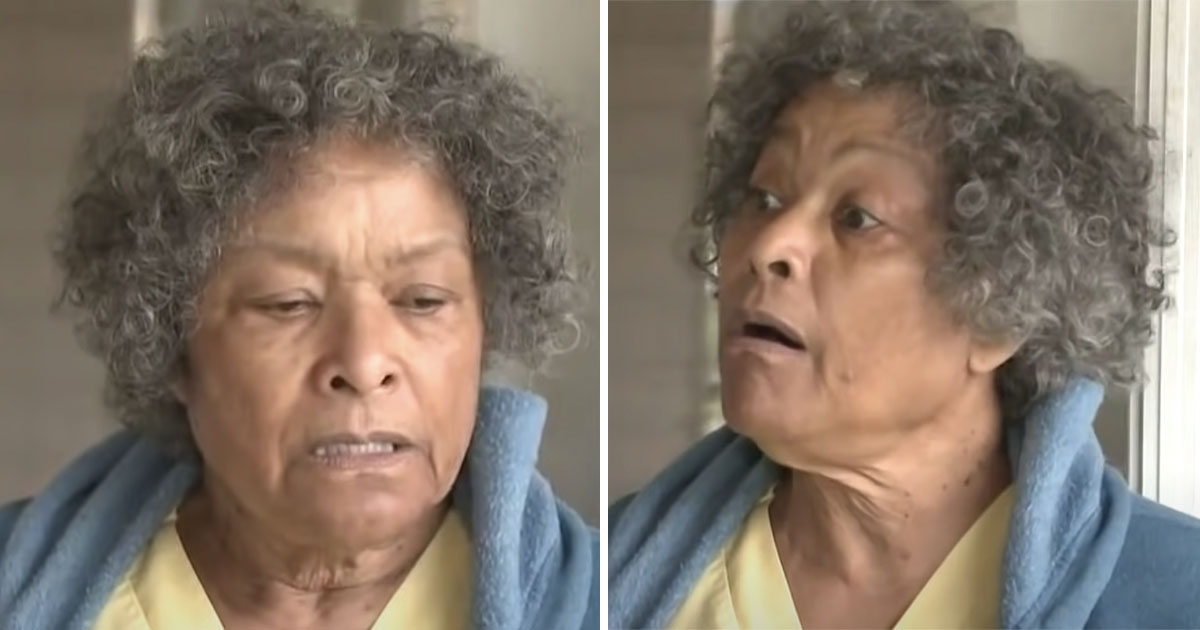Kansas teacher wins $95,000 settlement after refusing to use student’s preferred pronouns
Educator suspended for not using preferred pronouns awarded major victory in legal battle.
A Kansas middle school teacher, suspended for rejecting a student’s preferred pronouns, sued her district and won a $95,000 settlement. This decision has fueled discussions on religious rights and inclusion in schools.
In 2021, Pamela Ricard, a math teacher at Fort Riley Middle School in Kansas since 2005, was suspended after addressing a biologically female student using the student’s legal last name and the title “Miss.” This followed the student’s request—supported by a school counselor—to use a different first name that aligned with the student’s gender identity.
Ricard, citing her Christian faith, said using the preferred name and pronouns would violate her religious beliefs. She instead opted to use the student’s last name in a way she believed respected both the student and her religious principles.

However, the school district deemed her actions a violation of its bullying and diversity policies, even though it had no specific pronoun guidelines at the time. Ricard’s suspension led her to seek legal recourse, arguing that her constitutional rights to free speech, religious expression, and due process were infringed.
Legal battle and resolution
In 2022, Ricard filed a federal lawsuit against the Geary County School District. She also challenged a district policy requiring teachers to use students’ preferred names and pronouns in the classroom while potentially withholding this information from parents if requested by the student.
Ricard’s legal team argued that the policy forced teachers to lie to parents and adopt views about gender identity that conflicted with their personal beliefs.
“No school district should ever force teachers to willfully deceive parents or engage in any speech that violates their deeply held religious beliefs,” said Tyson Langhofer, director of the Alliance Defending Freedom, a conservative legal group that supported Ricard’s case.
After months of litigation, the district settled with Ricard for $95,000, rescinded its parental communication policy, and cleared her disciplinary record. Ricard retired the same year.

Public reactions
The case sparked polarized reactions online. Supporters praised Ricard for standing firm in her beliefs.
“This teacher is not responsible for these silly and dangerous ideas. Glad she is standing her ground. Need more like her!” one Facebook user wrote.
Another added, “Horrible! So glad she won her right to be a woman of honor and trust.”
Critics, however, raised concerns about the implications of prioritizing individual beliefs over policies meant to protect students’ rights and mental well-being.
The broader conversation
Ricard’s case highlights the growing tension between religious freedom and evolving policies on gender identity in schools. Advocates for LGBTQ+ rights argue that respecting students’ identities is crucial for creating safe and inclusive learning environments. Meanwhile, others insist that personal and religious beliefs must also be accommodated within public institutions.
As schools continue to navigate these complex issues, Ricard’s legal victory has set a precedent for how similar cases might unfold across the U.S.
What’s your take on this story? Should personal beliefs influence classroom policies, or should inclusivity take precedence? Share your thoughts and join the conversation.





